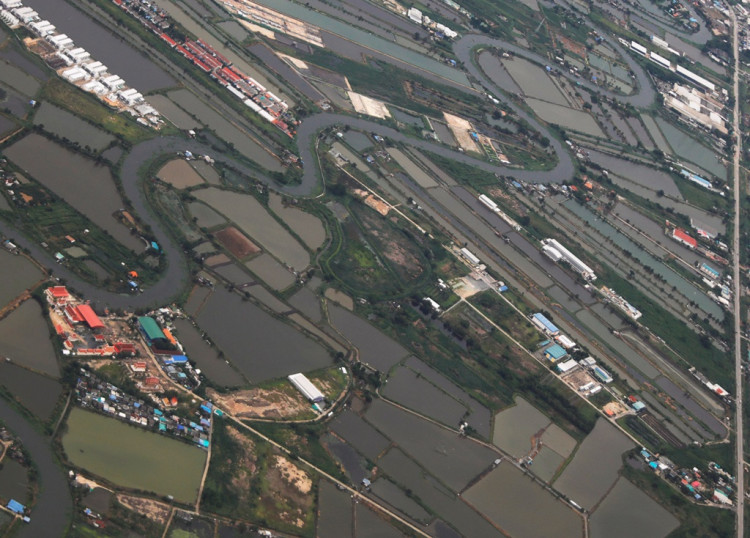The travel industry will continue to be competitive with the number of international tourists surpassing 1.4 billion in 2018, according to the latest Travel and Tourism Competitiveness Report by the World Economic Forum.
The travel industry contributed more than 10% to world GDP and pumped more jobs into the sector in 2018. The sector's contribution to the GDP is expected to increase by 50 percent in the next 10 years.
The report, however, warned that this high level of competitiveness is also pushing the travel sector to a tipping point of unsustainability. The biggest threats to the sector are the rise of cheaper flights and lenient travel policies.
The world's popular travel destinations have actually started to feel the burden last year. Pressures were high to meet the demands of the increasing number of tourists. It would be recalled that workers in the famous Louvre Museum in Paris walked out in May to protest overcrowding. The unmanageable number of tourists became too dangerous for everyone. In Venice, the local government redirects cruise ships away from the city center. In Spain, the locales wanted to ban foreign tourists as they disrupt their way of life.
Even the emerging travel markets have also felt the weight of over-tourism. Thailand was compelled to close Maya Baya cover due to environmental damage a large number of tourists brought in the location.
The report called for the governments to gather appropriate investment to improve the capacity of their respective travel infrastructure.
Overtourism has been a problem in the sector in the most recent years. The issue threatens the environment and the culture of communities disrupted by overcrowding. Most recently, big participants in the sector are pushing for initiatives to address the matter and instead promote sustainable travel.
Early this month, Prince Harry officially launched Travalyst in Amsterdam. The initiative aims to promote sustainable travel practices among tourists and businesses in the travel industry. Prince Harry has been working on Travalyst for the past three years. He has been working with other participants in the travel sector, including Booking.com, Ctrip. Skyscanner, TripAdvisor, and Visa.
Specifically, Travalyst will raise awareness on how to improve conservation, protect the environment, and promote community economic development within the travel sector. It will design solutions and different projects that will safeguard wildlife and reduce the impact of over-tourism.
The need for sustainable tourism arises as more people are planning trips going to developing nations where culture remained rich and nature is conserved. A recent estimate from the United Nations said that in 10 years, there will be 1 billion people going to emerging markets. That attributed to as much as 57% of all international trips by then. As for over-tourism, the U.N. also said that there will be 1.8 billion international trips happening yearly by 2030.
According to a report from the Booking.com released in April, about 71% of global travelers want to be presented with sustainable travel options. Of that, 68% said they want the money spent on travel to be going to local communities.
The desire for sustainable travel has also been pronounced in the hotel segment of the industry. Most recently, the International Hotels Group and Marriott Hotel banned the use of plastic bottles for their toiletries.






